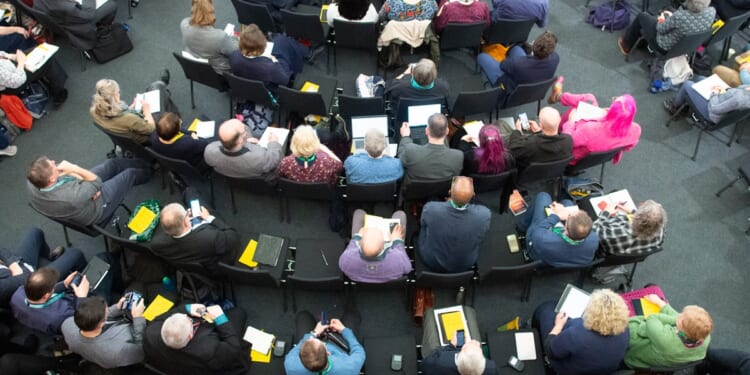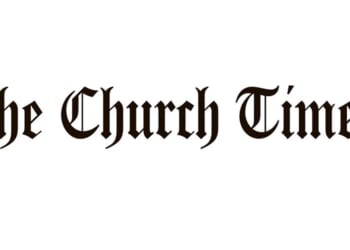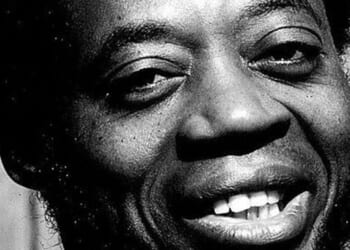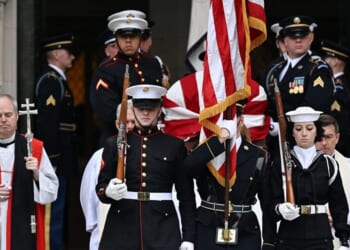THE Ecclesiastical Committee of Parliament is expected to send the draft Clergy Conduct Measure (CCM) back to the General Synod for further consideration rather than approve its passage into law.
As it went to press, the Church Times understood that the Measure had been rejected as “not expedient”, on the basis, primarily, of concerns about the default expectation in the CCM that tribunal hearings would be held in private.
The publication of a report confirming the parliamentary decision and setting out the reasons behind it was expected yesterday.
Questions about this aspect of the CCM were raised in an evidence session in June, when the committee of peers and MPs questioned the Bishop of Chichester, Dr Martin Warner, the Synod’s Deputy Legal Adviser, Edward Dobson, and a member of the Measure’s steering committee, Canon Kate Wharton (News, 13 June).
At that hearing, Mr Dobson said that the “starting point” was that evidence was to be taken in private, on the grounds that this would better protect children and young adults, and that the question whether the default should be for public hearings had been considered by the Synod (Synod, 12 July 2024).
The Measure, given final approval in February (News, 14 February), will now have to be considered further. The intention is that it will replace the Clergy Discipline Measure 2003.
Redress Scheme reviewed. The Ecclesiastical Committee took evidence this week on the Measure to introduce the Redress Scheme for abuse survivors, which was finally approved by the Synod in York in July (News, 18 July). Despite the raising of concerns at a hearing on Tuesday about a data breach by the law firm administering the scheme, the Committee is expected to give the Measure the green light to become law.
In August, it was announced that the email addresses of people who had signed up for updates on the scheme had been disclosed in a data breach by Kennedys, the firm administering the scheme (News, 29 August).
The Bishop of Winchester, the Rt Revd Philip Mounstephen, told parliamentarians that the incident had done “untold damage”. He said that he had been “very angry”, but Kennedys had accepted full responsibility and had offered “generous compensation” to those affected (News, 26 September).
“We continue to have confidence in Kennedys, but that is not an unqualified confidence,” he said. A variation to the contract was being negotiated that would ensure processes were checked.
The possibility of terminating the Archbishops’ Council’s contract with Kennedys had been discussed, and survivors had been involved in those conversations, he confirmed. Had the contract been cancelled, it would have delayed implementation of the scheme by about 18 months, he said.
The director of the Archbishops’ Council’s Central Secretariat, Simon Gallagher, acknowledged that survivors had expressed a range of views about whether to remain with Kennedys.
In response to another question, about the scheme’s compatibility with planned governance changes in the Church, which include the replacement of the Archbishops’ Council, Mr Gallagher emphasised that the position of the board overseeing the implementation of the scheme was that they “want to get on with it”.
The operational independence of the scheme had been “misunderstood”, Bishop Mounstephen said. While it was formally overseen by the Archbishops’ Council, Kennedys had been chosen as the administrator of the scheme, and would do so with a high degree of independence.
The fees received by Kennedys, case by case, would be “reasonable”, he said.
Asked by Jonathan Davies MP whether there was a danger that lawyers would be financially incentivised to multiply cases, Bishop Mounstephen said that measures had been put in place to prevent “ambulance-chasers”.
The programme director, Katerina Bashutska, said that the fixed-fee framework that had been agreed with Kennedys would, “hopefully”, protect the Church from “fee-chasing”. Fees would be reviewed in a regular audit.

















